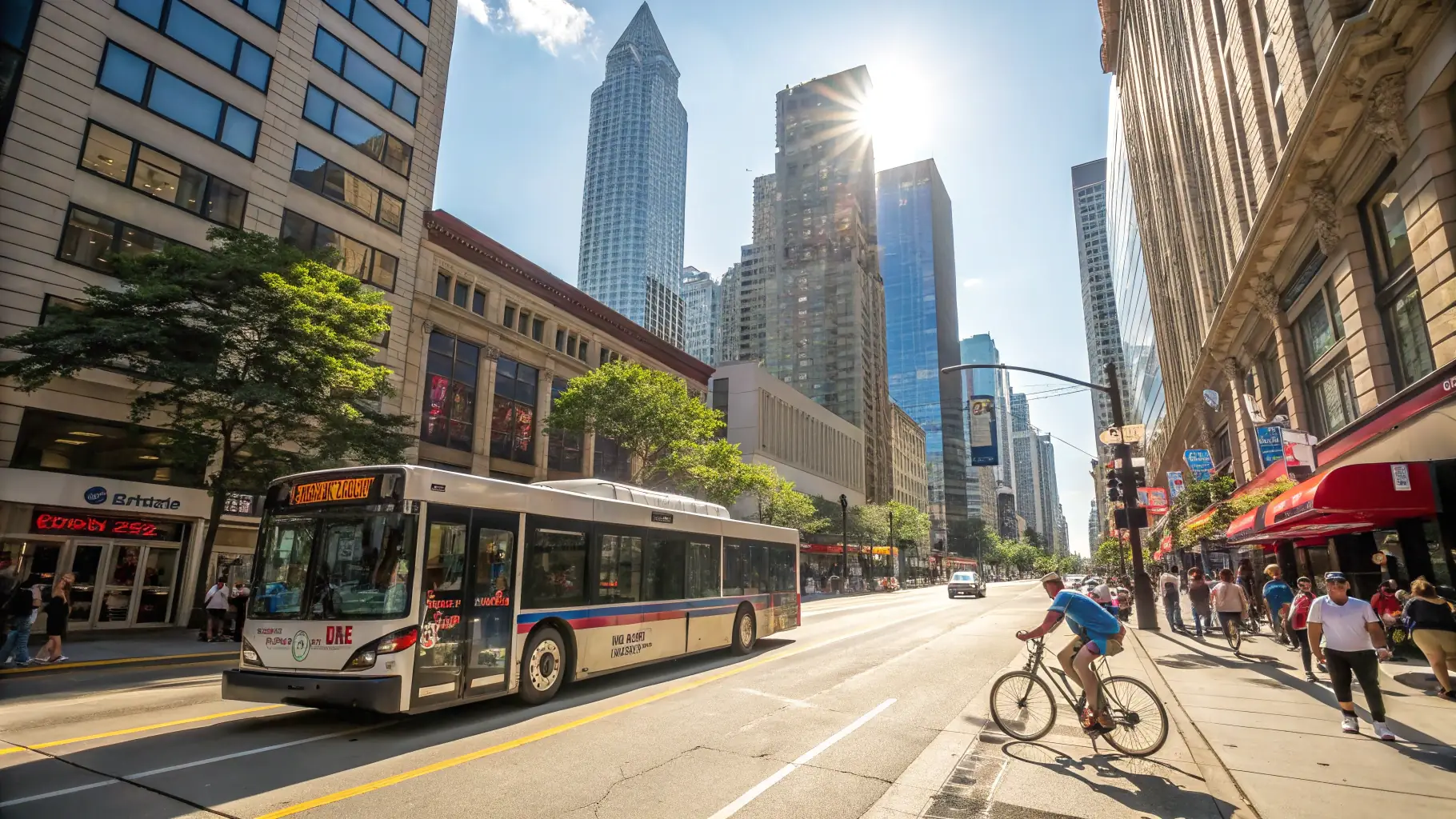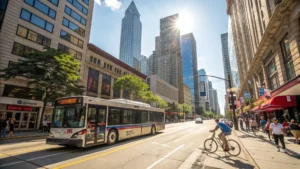Sustainable urban mobility is a critical component of creating livable and resilient cities. Modern transportation systems need to adapt to the growing demands of urban populations while minimizing their environmental impact. This requires a multifaceted approach that considers various factors, including public transportation, cycling infrastructure, and pedestrian-friendly zones. The integration of technology plays a key role in optimizing these systems. Smart city initiatives are increasingly focusing on integrating technology into urban transportation systems. Real-time traffic monitoring, intelligent traffic signal systems, and ride-sharing platforms can significantly improve efficiency and reduce congestion. These technologies can also help optimize public transportation routes and schedules, ensuring that they meet the needs of commuters effectively. Furthermore, the development of electric vehicles and charging infrastructure is essential for reducing emissions and promoting sustainable transportation. The future of urban mobility hinges on a collaborative effort between governments, businesses, and citizens. Public-private partnerships can play a crucial role in funding and implementing innovative projects. Community engagement is essential to ensure that transportation solutions meet the specific needs and preferences of residents. By fostering a culture of sustainability and encouraging responsible transportation choices, we can create cities that are both efficient and environmentally friendly.
The Role of Technology in Smart Cities
Leveraging technology to enhance urban efficiency and sustainability is crucial for creating smarter and more



